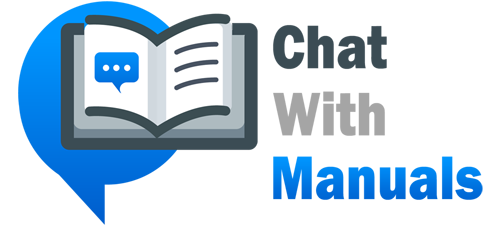Background
Atrial fibrillation (AF), sternal wound infection, and cardiac decompensation are complications that can occur after cardiac surgery. Early detection of these complications is clinically relevant, and remote monitoring with the use of a smartphone (mobile health [mHealth]) might improve the early detection of complications after cardiac surgery.
Objective
The primary aim of this study is to compare the detection rate of AF diagnosed with an mHealth solution to the detection rate of AF diagnosed with standard care.
Methods
The Box 2.0 is a study with a prospective intervention group and a historical control group for comparison. Patients undergoing cardiac surgery at Leiden University Medical Center are eligible for enrollment. The study includes seven home measurement devices along with a video consultation 2 weeks after discharge or standard cardiac care for 3 months.
Devices Used
The devices used in the study include a blood pressure monitor, thermometer, weight scale, step count watch, single-lead electrocardiogram (ECG) device, 12-lead ECG device, and pulse oximeter.
Manual:
Chat: Powered By VoiceSphere
